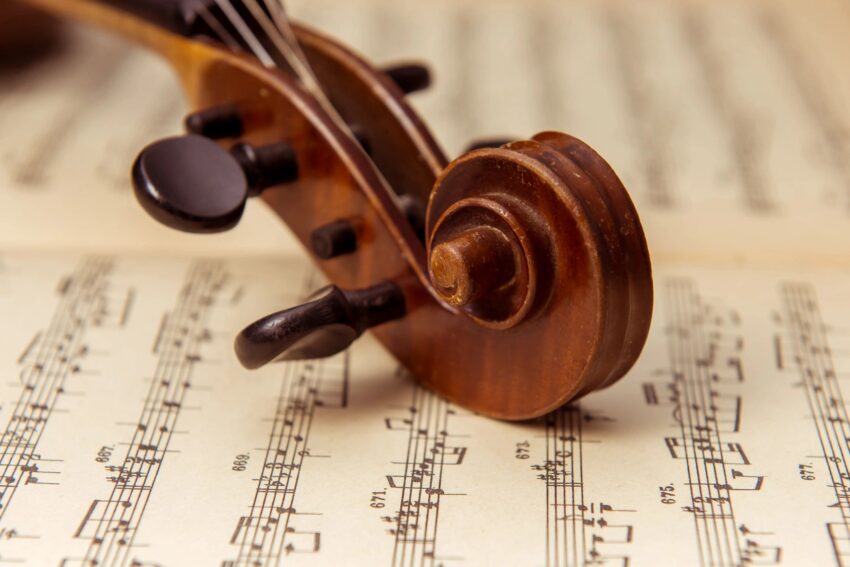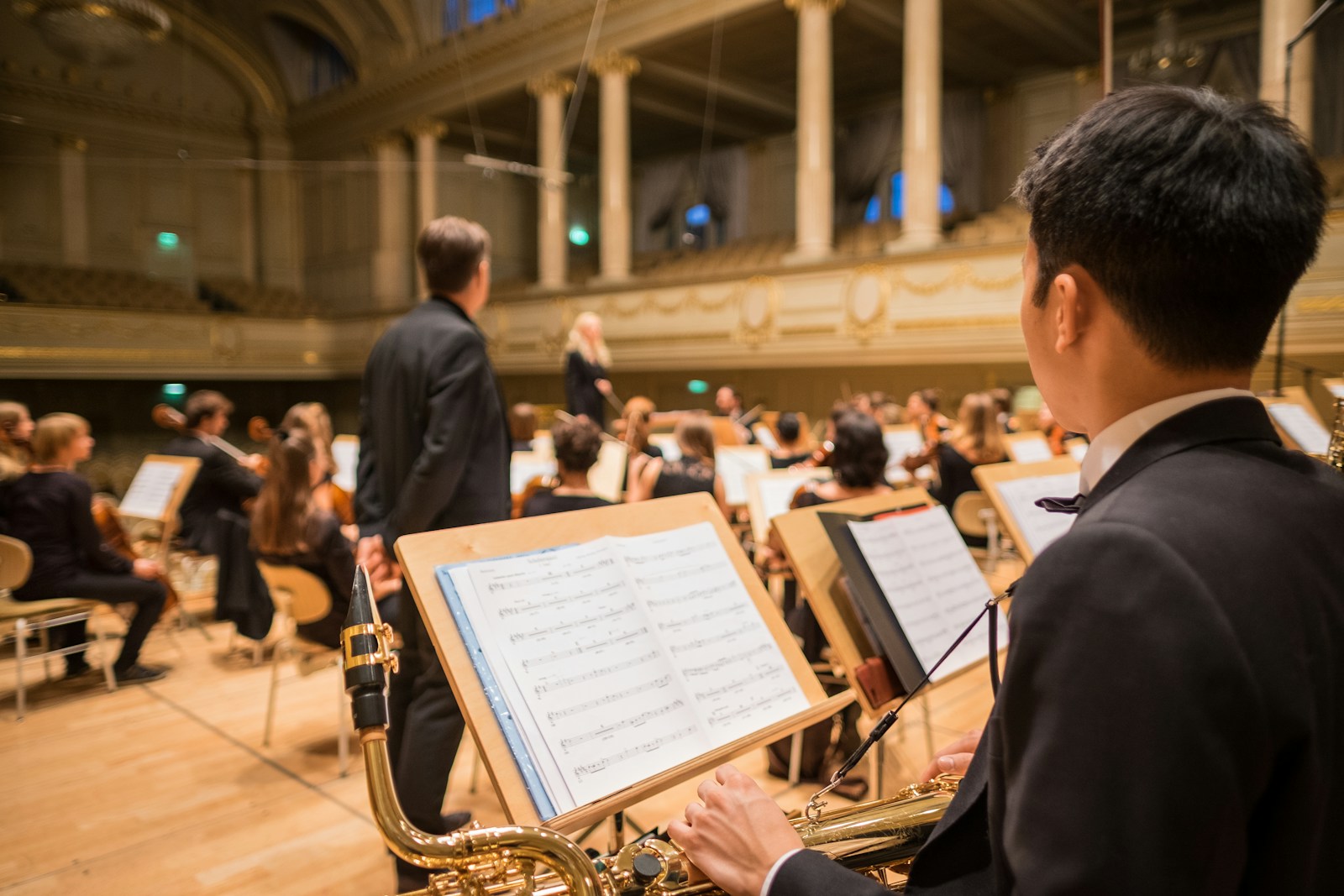Learning to play an instrument is one of the most rewarding things you can do in life. The ability to read, play and potentially even create music is something that has added immeasurable joy to the lives of amateur and professional musicians around the world throughout human history.
To create and love music is, in many ways, to be quintessentially human. While most musicians end up loving and being able to play a variety of instruments, the most common path to musical proficiency is to start by selecting one. Below are some tips for helping you choose the instrument for you.

What Speaks to You?
Many people choose their first instrument based on what inspires them. Famous drummers often speak of an innate appreciation for rhythm and are almost inexplicably drawn to drummers when they are first exposed to music by friends and family. The same can be said for almost any instrument, or family of instruments, so a good place to start is to ask yourself what speaks to you and why? Does the image or sound of Jimi Hendrix inspire you to want to pick up a guitar? Does Earl Scruggs make you want to pick up a Banjo or Yo-Yo Ma make you want to learn the cello?
Cost
If you were unaware, good quality musical instruments are not cheap. Many places offer payment plans for instruments in recognition of the fact that not everyone can walk in off the street and pay many hundreds to thousands of dollars for a new trumpet or violin. Some instruments cost more than others, however, and cost is certainly something to factor into your decision. A beginner trumpet, for instance, typically costs between $400 and $1200, depending on the make. A professional trumpet can cost upwards of $2400. A production grand piano can cost anywhere from $15,000 to $60,000.
An entry-level guitar, on the other hand, will run you $100-$200 . This, in addition to the portability of a guitar, is undoubtedly one of the reasons it is among the most popular first instruments for new musicians. While your financial reality is impossible to ignore, don’t let your entire decision be guided by cost as there are buy and sells online like Reverb where you can find beautiful instruments for less money. Also, keep in mind that your instrument is both an emotional and a financial investment.
Instructors in Your Area
Another consideration to keep in mind is how easy or difficult will it be to find instructors in your area. If you are set on learning to play the lute or the accordion, ask yourself “what kind of opportunities are there to learn from experienced players in the area?” This obviously depends on where in the world you are. It is going to be easier to find experienced accordion players on the Caribbean coast of Colombia, for instance, where accordion-heavy vallenato music reigns. If you live in a big cosmopolitan city, there are probably teachers and perhaps even academies for every instrument you could think of. If there are no instructors in your area, are you willing and disciplined enough to learn to play on your own?
Musical versatility
Some instruments are capable of playing a greater variety of notes than others, which means you are able to play a wider variety of songs with them. The piano, for instance, which is the only instrument with 88 separate keys, is the most versatile instrument that exists–although some argue the violin is as if not more versatile. You can play more notes on the piano than any other instrument, which is why it lends itself so well to playing covers of popular music as well as composition.
An instrument like the trumpet, on the other hand, is far less versatile, though by no means uninteresting or unworthy of consideration.
Conclusion
Whether you are choosing an instrument for yourself or someone else, it is not a decision to be taken lightly. Cost, personality, musical versatility, and the ability to learn from experienced or expert players are all things you should factor into it. After all, an instrument is something that, if taken seriously and pursued with passion, will likely be with you, in various forms, throughout your life. Keep the above selection tips in mind and find something that meets your budget, is practical for your lifestyle and speaks to you on a primal, human level.

